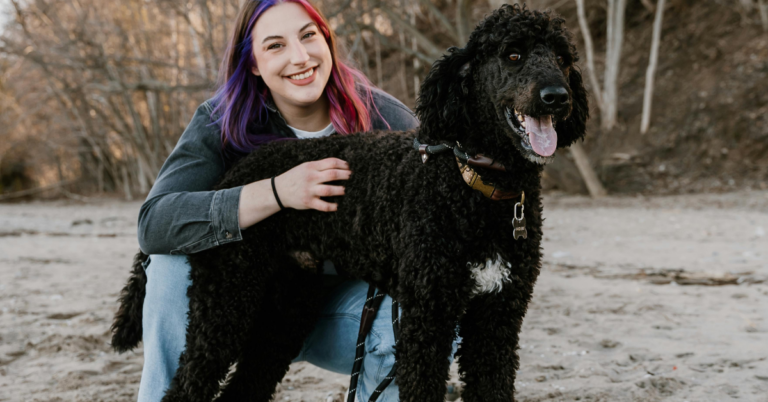The Right Pick Between Great Pyrenees and Bernese Mountain Dogs

Choosing between the Great Pyrenees and the Bernese Mountain Dog is challenging, as both breeds possess unique qualities. While each dog is known for its gentle, affectionate nature and strong protective instincts, their personalities and needs differ significantly. Understanding these distinctions is essential in making the right choice for your family and lifestyle. Let’s know further.
Climate Suitability
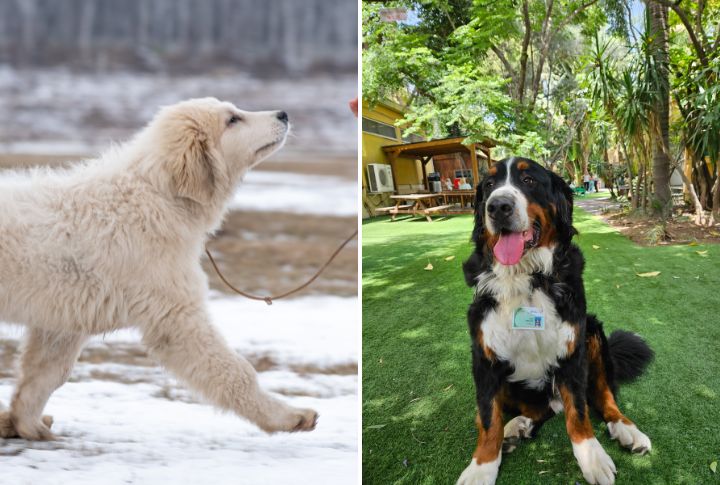
With thick coats, both breeds excel in cold weather. The Great Pyrenees thrives in chilly climates thanks to its dense, weather-resistant fur. Although the Bernese Mountain Dog enjoys cooler temperatures, it may struggle in heat due to its heavy black coat. For those in warm regions, the Great Pyrenees is likely the better choice.
Grooming Needs
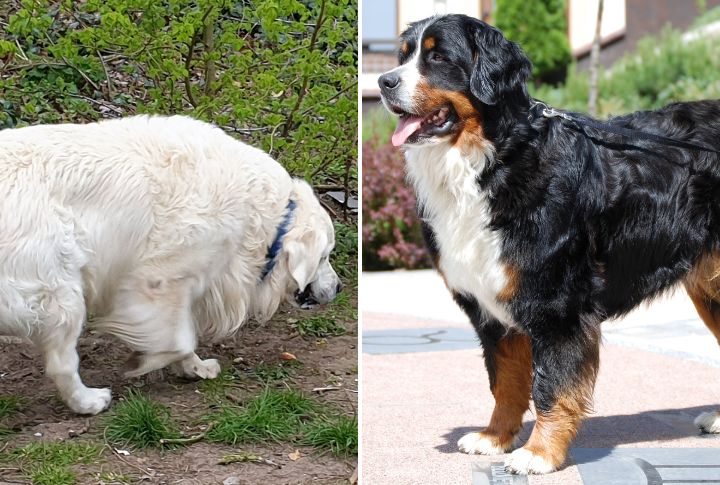
Grooming is an essential factor for the breeds, but the Bernese Mountain Dog requires more frequent brushing. Their beautiful tri-color coat sheds heavily, especially during the shedding season. The Great Pyrenees has a thick, weather-resistant coat that sheds but doesn’t tangle as easily. Both breeds will need regular grooming.
Cost of Ownership
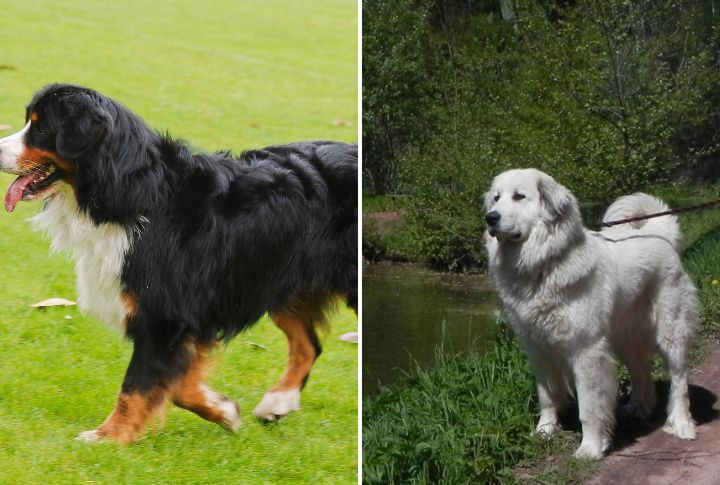
Although both can be costly to maintain, the Bernese Mountain Dog often costs more because of its higher maintenance requirements and certain health risks. Both large breeds come with a significant expense of food, supplies for grooming, and veterinary care, but the Bernese may be a more expensive choice due to their greater risk of health issues.
Social Needs
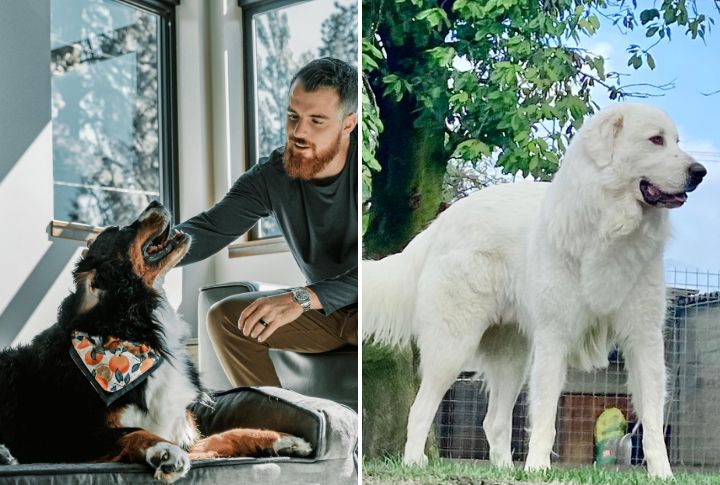
The Bernese Mountain Dog is a social butterfly compared to the more reserved Great Pyrenees. They thrive on human interaction and can become lonely if left alone for long periods. The Great Pyrenees are more independent and can handle alone time without issue, making them better suited for owners who are frequently away from home.
Exercise Requirements
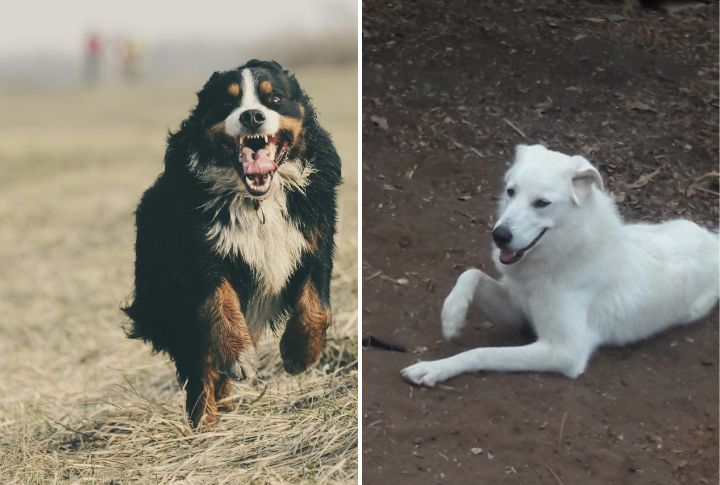
While neither breed is high-energy, the Bernese Mountain Dog is more playful and enjoys active exercise. The Great Pyrenees is more laid-back, preferring moderate walks and outdoor time to patrol its territory. If you seek a relaxed companion, the Great Pyrenees may suit your pace better; for outdoor adventures, consider the Bernese.
Training
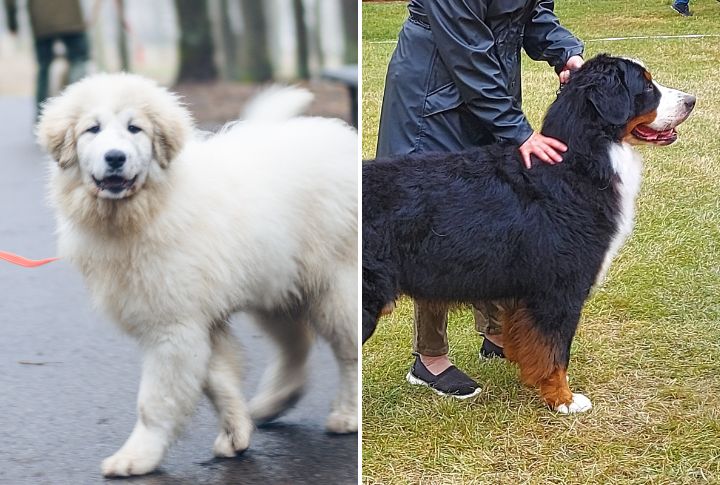
Training Great Pyrenees can be challenging because of their independent nature, which necessitates patience and consistency. In contrast, Bernese Mountain Dogs are eager to please, making them more trainable. These breeds are intelligent, but with the Pyrenees, expect to invest extra effort to keep them focused and engaged in the training process!
Living Space
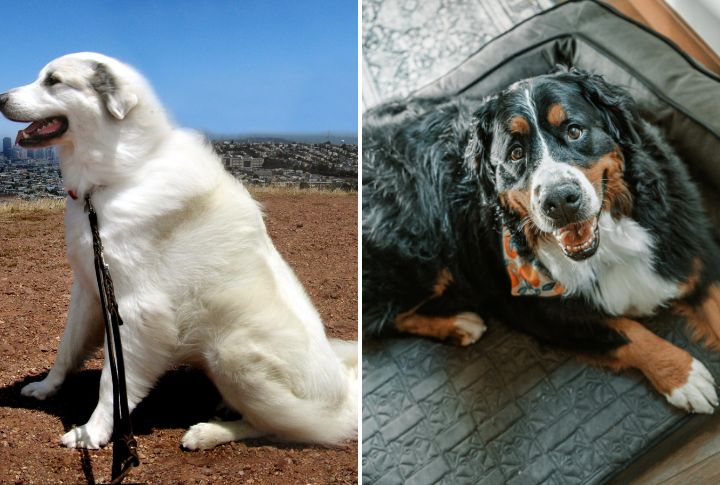
These breeds need room to roam, but the Great Pyrenees is mainly known for its love of open spaces. They’re natural wanderers and can become restless in small apartments. Bernese Mountain Dogs also do best in homes with space but can adapt slightly better to urban environments if given enough exercise and mental stimulation.
Protective Instincts
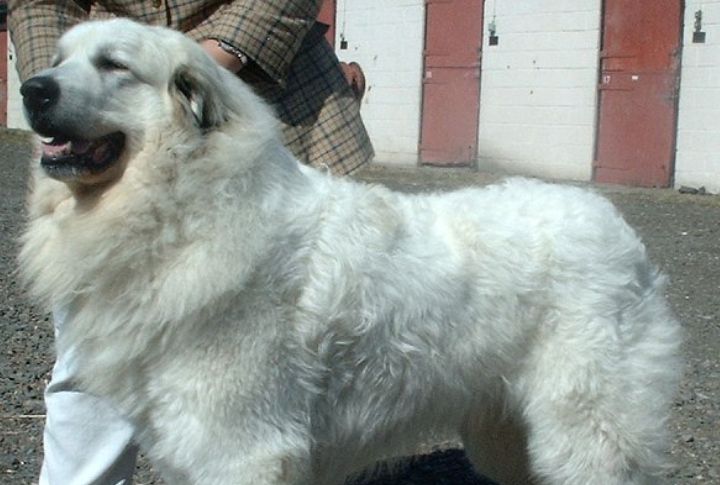
Bred to guard livestock, the Great Pyrenees instinctively protect their family and territory, often taking independent action if a threat arises. However, Bernese Mountain Dogs are protective but rely more on their owners for guidance. If you want a vigilant guardian who will watch over you while you sleep, the Great Pyrenees is an ideal choice.
Size and Weight
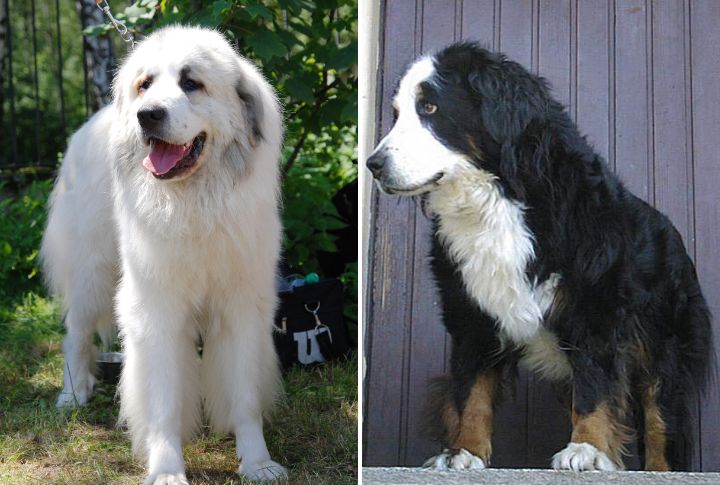
Both breeds are significant, but the Great Pyrenees are usually bigger. Males can weigh 160 pounds, while Bernese Mountain Dogs tend to top out at around 115 pounds. If you have space concerns, remember that these breeds take up a lot of room, literally! The Great Pyrenees also have thick coats, making them appear even more significant.
Family Compatibility
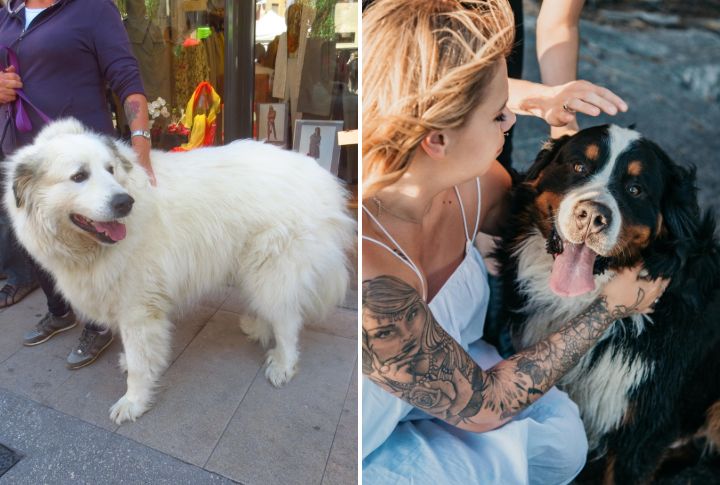
Regarding family life, both are known for their gentle nature around children. The Great Pyrenees tend to be more protective, often taking on the role of a guardian for the family, especially younger members. Bernese Mountain Dogs, on the other hand, are affectionate playmates who enjoy being in the middle of family activities.
Compatibility with Other Pets
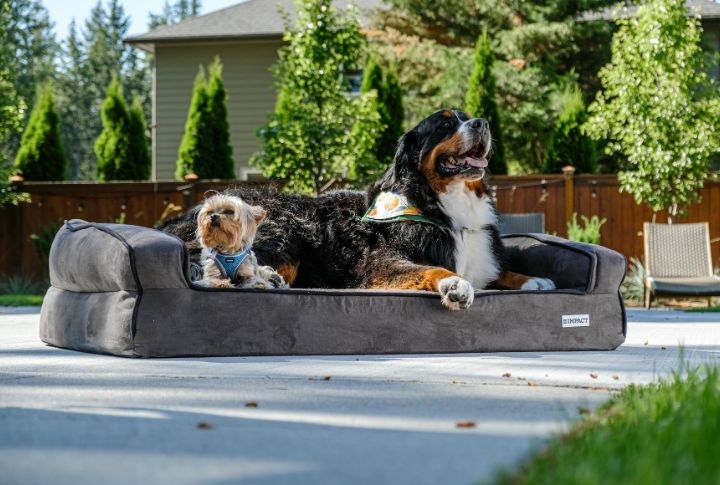
If you have other pets, Bernese Mountain Dogs tend to be more welcoming. They’re generally friendly and tolerant of different animals, making them a good fit for multi-pet households. The Great Pyrenees have protective solid instincts and may be territorial, especially with other dogs. Careful introductions and socialization are needed for them.
Travel Compatibility

For adventurous dog owners, Bernese Mountain Dogs are more likely to enjoy road trips and new experiences, thanks to their social nature. They adapt well to different settings as long as they’re with their people. The Great Pyrenees, however, might not be as thrilled about frequent changes in the environment and prefer home stability.
Ideal Activities
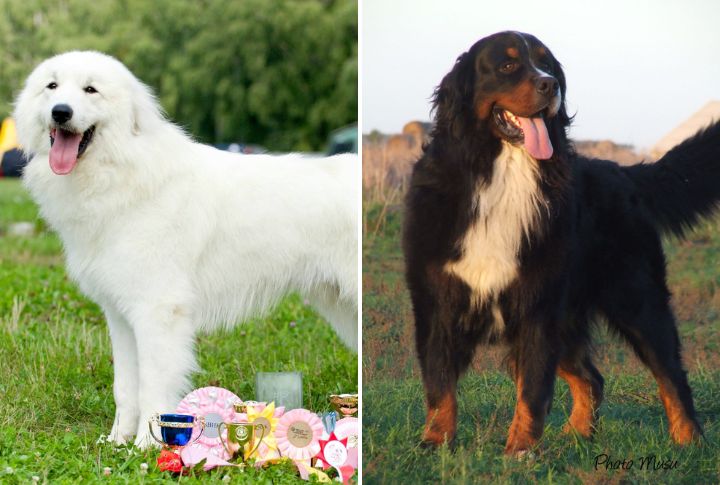
If you enjoy outdoor activities, both breeds can be great companions. Great Pyrenees are fantastic at accompanying you on nature walks, while Bernese Mountain Dogs thrive in more active environments, such as hiking or playing fetch. Think about what activities you want to share with your new canine friend!
Shedding and Allergies
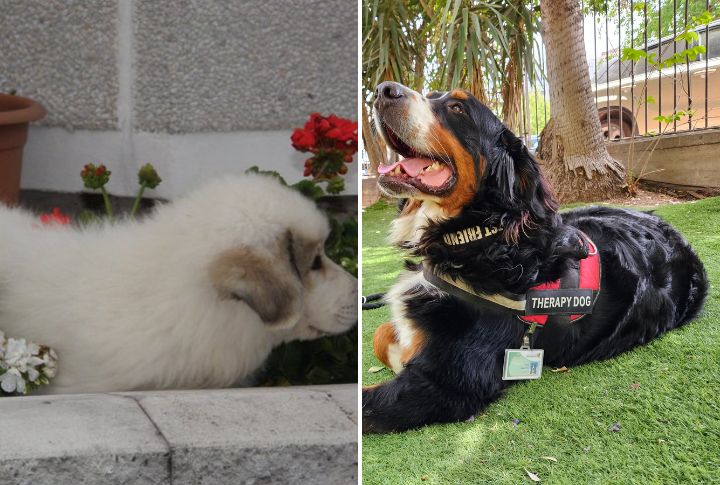
Shedding is part of life with these breeds, so be prepared for fur to become a part of your home decor! The Great Pyrenees sheds year-round, with heavier shedding in the spring and fall. Similarly, the Bernese Mountain Dog is a prolific shedder, especially during seasonal changes. Those with allergies concern may have difficulties coping with these breeds.
Lifespan
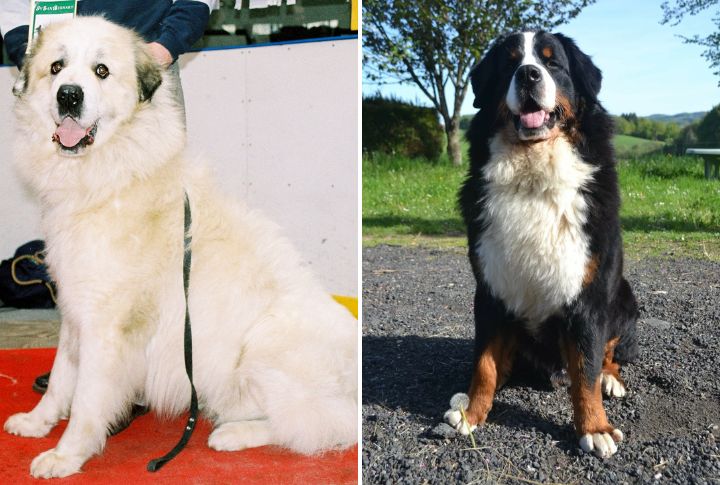
Great Pyrenees typically live longer than Bernese Mountain Dogs, with a life expectancy of 10-12 years compared to the Bernese’s 6-8 years. If lifespan is an essential factor in your decision, the Great Pyrenees has the advantage. However, both breeds can live healthy and happy lives with proper care, balanced diet, and attention.





